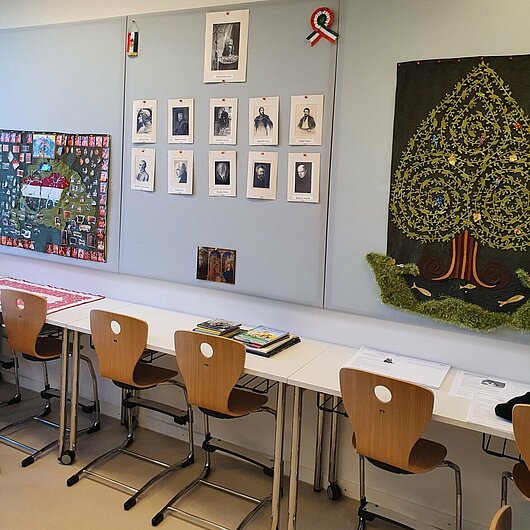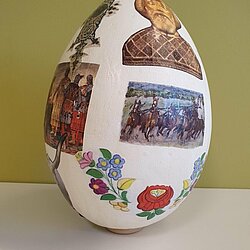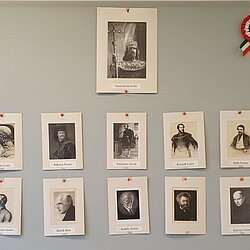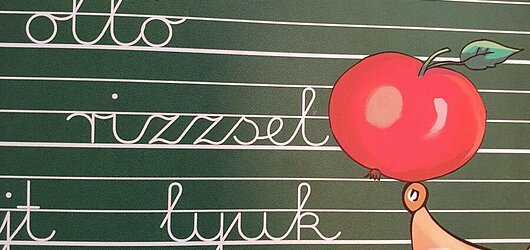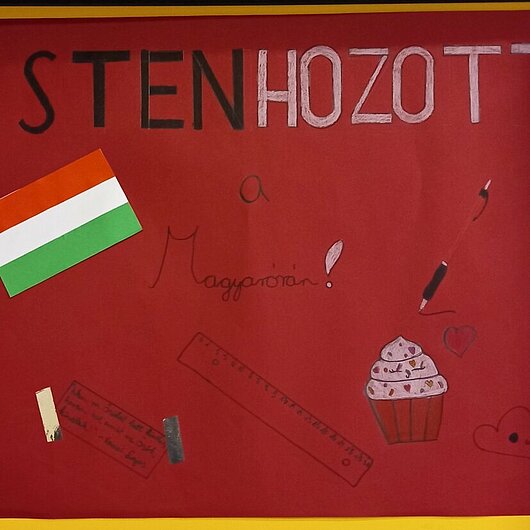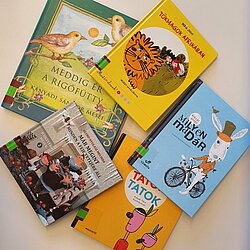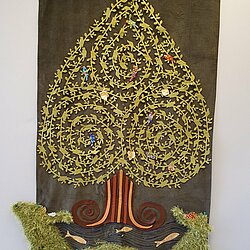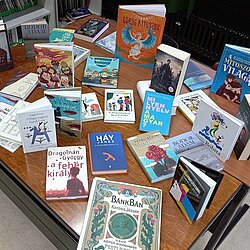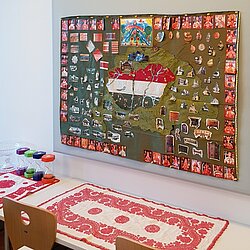Not only in the cold winter months it's part of everyday life in Hungary to treat oneself to a time-out in one of the numerous thermal baths. There are about 500 spas and thermal baths in the Central European country, more than 60 of them in the capital Budapest alone. These are not only places of relaxation, but also tell of Hungary's history: the earliest thermal baths date back to Roman times, most were built during the Ottoman rule. Today, you will not only find warm water in the baths, but also a wide variety of architectural styles, from Turkish hamam influences to Art Nouveau buildings and modern architecture. Hévíz, the largest natural thermal lake in Europe with an area of over four hectares, is also located in Hungary.
Do the thermal baths give you any particularly good ideas? In any case, Hungary is also a country of inventors. The physician and chemist Albert Szent-Györgyi received the Nobel Prize for Medicine for his research on vitamin C. Ignaz Semmelweis is considered a pioneer of evidence-based medicine with his research on childbed fever and was later appreciatively called the "saviour of mothers". And the electric transformer, the dynamo, the rotary condensator, the telephone exchange, holography, the long-playing record and colour television were also invented or co-invented by Hungarians. The mathematician János Neumann, who called himself John von Neumann after emigrating to the USA, is credited with important foundations of quantum mechanics, game theory and computer architecture. One Hungarian invention is known to every child today: The Rubik's Cube by Ernő Rubik.
What people outside Hungary are probably little aware of is that it is due to Hungarian history that church bells ring at noon in Europe: Pope Calixt III had the midday ringing introduced in 1456 to commemorate the victory of the Hungarians over the Ottomans. So there are also many points of contact beyond the Hungarian language for the study of Hungary in class. In Hungarian lessons at the European School Munich, pupils learn not only about the language but also about Hungary's diverse nature, culture and history.
Hungarian is a special language in Europe because it is not directly related to the other European languages. Outside of Hungary, Hungarian is also spoken in some regions of neighbouring countries for historical reasons, especially in Romania, Slovakia, Serbia, Croatia and Ukraine, but Hungarian is also still spoken to some extent in the Austrian Burgenland.
Hungarian students at the European School Munich are part of the SWALS, the Students without a language section, as the international section at the European Schools is officially called. They are enrolled in one of the larger language sections and receive additional lessons in which they learn Hungarian language, history and culture from native-speaking teachers.
Hungarian lessons at the European School Munich start as early as Kindergarten. The Kindergarten children learn Hungarian fairy tales, songs, dances and customs. In Primary school, the pupils also learn the written language through Hungarian children's literature, for example by Kányádi Sándor, Arany János, Berg Judith and others. Finally, in Secondary School, famous Hungarian literary figures such as Petőfi Sándor, Kosztolányi Dezső, Ady Endre, Nobel Prize winner Kertész Imre or József Attila are read alongside Hungarian translations of world literature.
The second important art form in Hungary is music. Important composers such as Béla Bartók and Franz Liszt were born here. And those who take part in music lessons - not only Hungarian ones - may learn to sing and make music in the style of the Kodály method, named after the composer and music educator Zoltán Kodály.
Profile Hungary
- Capital: Budapest
- Population: 9.7 million (2021)
- National holidays: 15 March, 20 August and 23 October
- Accession to the EU: 2004
- The European motto "United in diversity" is "Egység a sokféleségben" in Hungarian.
- Pupils with Hungarian citizenship in the European Schools system: 658.58 (2020)
- You should know this Hungarian phrase: "Lassan járj, tovább érsz." Literally, "Walk slowly and you'll get somewhere." Meaning: Don't rush things, it will get better.

